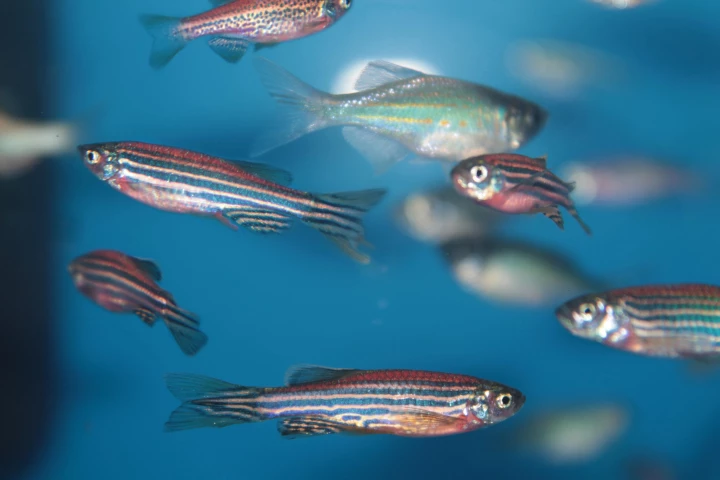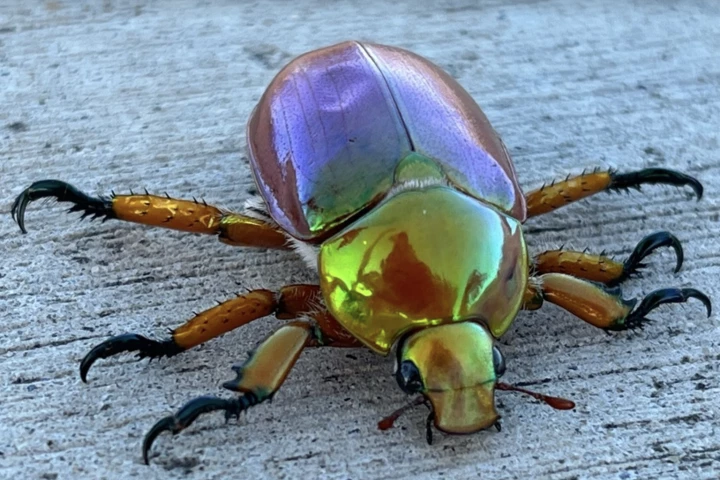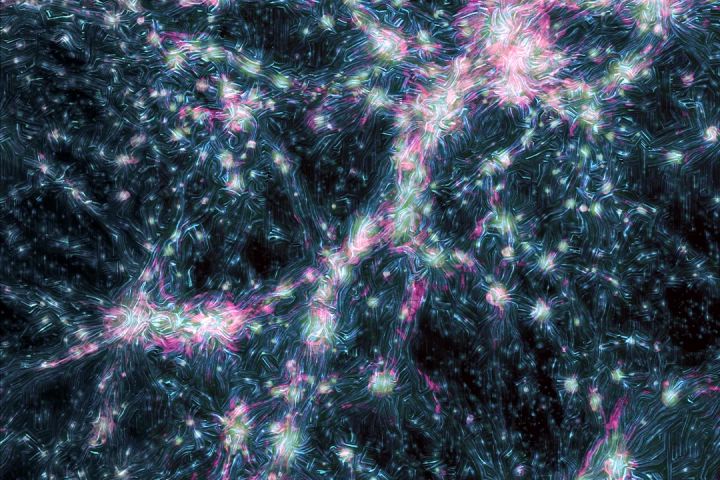CSIRO
-
Researchers at Australia's national science agency have developed an efficient method to produce green hydrogen for energy-hungry, high-temperature industrial processes – and it starts with concentrated sunshine.
-
If you're among the half of US adults who have tried to lose weight in the last year, you'll know how enthusiasm wanes when you hit the inevitable "plateau." New research shows that this is an adjustment period, and long-term success is over the hill.
-
Methylmercury is an extremely toxic compound, and unfortunately it's often present in the fish that we eat. Scientists are now developing a method of removing it from the environment, utilizing engineered fish and flies that take up the compound and neutralize it.
-
Various groups are now growing baby corals for transplantation into the world's disappearing reefs, but they need a hand. A new robotic hand has been created to help, by carefully transferring the li'l corals between tanks as they grow up.
-
In one of the most amusing citizen science projects we've ever seen, Australia's top research agency is asking its citizens to hit the gas and flag their flatulence in hilarious detail over three days, tracking toots on the Chart Your Fart app. Superb.
-
The fertilizer used on around half of the food we consume is now one of the biggest drivers of human-made greenhouse gas emissions, with China, India, the US, Brazil and Russia the biggest polluters, according to a new global nitrous oxide report.
-
As Australian as kangaroos, the Christmas beetle holds a special place in hearts Down Under. But December sightings of these majestic creatures have become as rare as seeing Santa. Scientists are now asking the nation to help them find out what's going on.
-
From monitoring a deadly disease in endangered Tasmanian devils in real time, to tracking wildlife recovery after devastating bushfires that claimed the lives of up to three billion animals, AI has the potential to change the world for good.
-
Globally, micro- and nanoplastics and plastic additives are widespread across our food supply. While we have an understanding of how they get there, there remains a massive gap in what we know about their effects on our health.
-
While metal detectors are useful for detecting land mines, they can be fooled by buried metallic debris … plus some mines don't contain any metal. A new system is claimed to work better, by reading the molecular signature of explosives used in mines.
-
What do you do if a South American weed is choking up your local Australian waterways? In the case of the cabomba plant, scientists are enlisting the help of the weed's natural South American enemy, the tiny cabomba weevil.
-
If you could zoom way out to look at the universe at its largest scale, you’d see that it’s made up of a colossal cosmic web. Now, astronomers have detected shockwaves moving through this web, providing new insights into large-scale magnetic fields.
Load More











